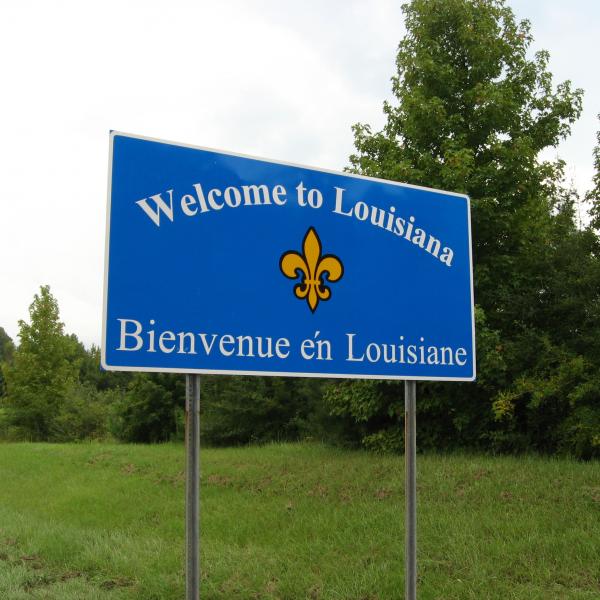The song Drop Me Off in Harlem, by Duke Ellington, typifies the New Negro Renaissance in that it speaks directly to the sentiment of the New Negro during the era. Black Americans, at that time, had outgrown “Dixie”, the life style of the plantation gentility, and her definition of the black man. Since his inception in this nation, the Negro was constantly depicted as white America saw fit. Prior to the New Negro Renaissance, the black man had no sense of purpose other than to tend to the needs of his master or to fulfill the requirements of the status quo. However, the ending of slavery presented African Americans an opportunity for advancement that had never been envisioned.
In the early twentieth century, the African American built his Mecca in Harlem, which was central to the cultural flourishing of the “New Negro Ideology”. Harlem offered a sense of purpose and progressivism that had not been previously afforded. Blacks were free to sing a new song; dance a new dance; write a prolific lyric, etc. Most importantly, the New Negro was free to dream colossal dreams. Previously, very few places, (if any) in this nation allowed the New Negro to be wholly liberated. Harlem embodied a new found sense of total freedom: mind (hence, we have W. E. B. Du Bois, Zora Neale Hurston, and Booker T. Washington.), body (consequently, we have Josephine Baker, and Bill “Bojangles” Robinson), and spirit (this directly led to the school of thought of one like Father Divine).
The premise of the song, more insightful than its surface lyrics, alludes to a more than a city, but to a new ideology for African Americans. There was an emergence of ethnocentrism, which embodied the spirit of the New Negro. Drop Me Off in Harlem, solidified the black man’s commitment to the New Negro Renaissance and seemingly voiced the opinion of many of that era.
-- Takisha Durm



